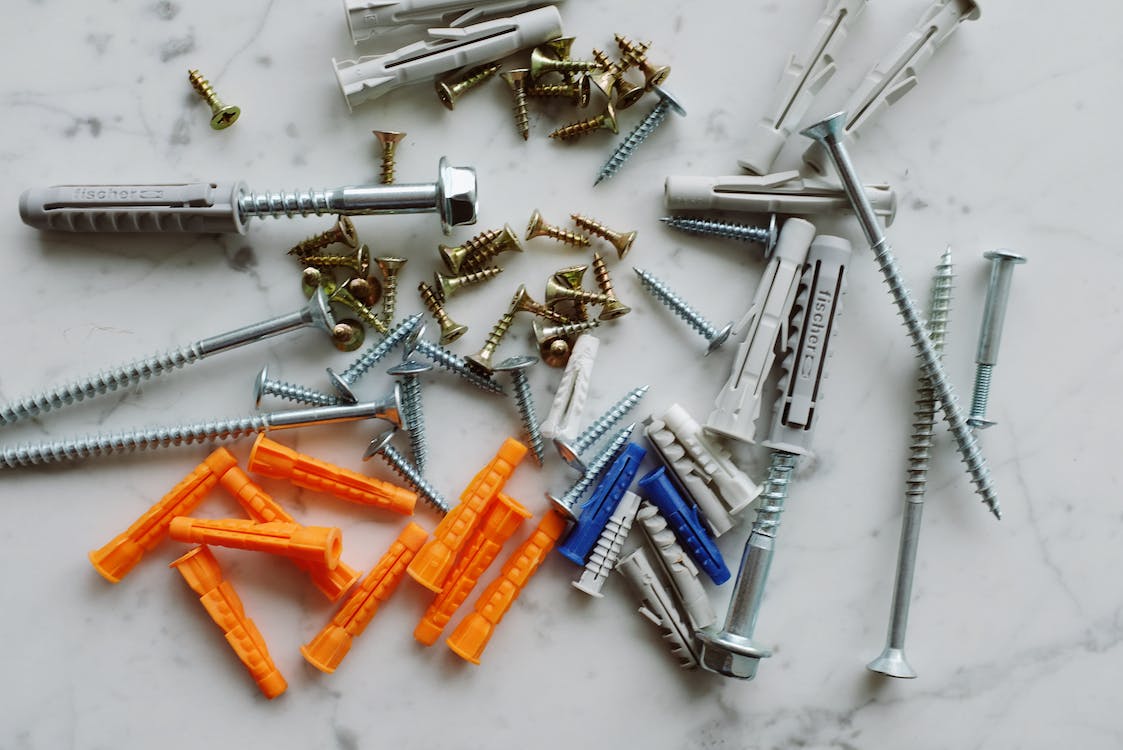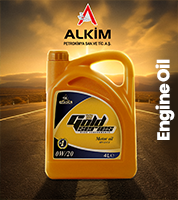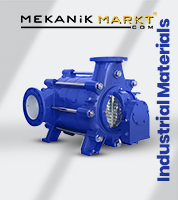Fastener Synonyms
Fixing
Connector
Joiner
Clasp
Hinge
Anchor
Retainer
Latch
Fastener Types and Varieties
Mechanical Fasteners
Screws:
Wood screws
Machine screws
Self-tapping screws
Sheet metal screws
Drywall screws
Lag screws
Hex screws
Deck screws
Set screws
Bolts:
Hex bolts
Carriage bolts
Eye bolts
Anchor bolts
J-bolts
U-bolts
Flange bolts
Nails:
Common nails
Finishing nails
Roofing nails
Masonry nails
Brad nails
Concrete nails
Rivets:
Blind rivets (pop rivets)
Solid rivets
Split rivets
Drive rivets
Anchors:
Wall plugs
Sleeve anchors
Expansion anchors
Toggle bolts
Pins:
Dowel pins
Cotter pins
Roll pins
Hitch pins
Specialized Fasteners
Clips
Clamps
Hinges
Latches
Straps
Hooks
Studs
Material and Coating Varieties
By Material:
Stainless steel
Carbon steel
Brass
Aluminum
Plastic/nylon
By Coating:
Zinc-plated
Black oxide
Galvanized
Powder-coated
Anodized
Derivatives
Threaded Inserts
Helicoil inserts
Press-fit inserts
Washers
Flat washers
Lock washers
Fender washers
Nuts
Hex nuts
Wing nuts
Cap nuts
Lock nuts
Specialty Fasteners
Snap fasteners
Magnetic fasteners
Hook-and-loop (Velcro)
Usage Principles for Fasteners
Material Compatibility:
Use fasteners made of materials compatible with the base material to prevent corrosion (e.g., stainless steel for outdoor applications).
Load-Bearing:
Select fasteners based on load requirements. Bolts are better for high-stress connections, while screws work well for lighter loads.
Environmental Factors:
For outdoor use, choose corrosion-resistant fasteners like galvanized or stainless steel.
Pre-drilling:
For screws in hard materials (like wood or metal), pre-drill pilot holes to prevent splitting or stripping.
Thread Type:
Match thread types (coarse, fine, or self-tapping) to the material and application.
Torque:
Avoid over-tightening to prevent damage to the fastener or material. Use a torque wrench if needed.
Anchor Points:
When working with walls or ceilings, ensure the fastener is secured in a stud or appropriate anchor.
Inspection:
Regularly inspect fasteners in high-stress or load-bearing applications for signs of wear or failure.
Tool Compatibility:
Use appropriate tools (screwdrivers, wrenches, drills) for the specific fastener type to avoid stripping or deformation.


 Ajouter Une Nouvelle Entreprise
Ajouter Une Nouvelle Entreprise





